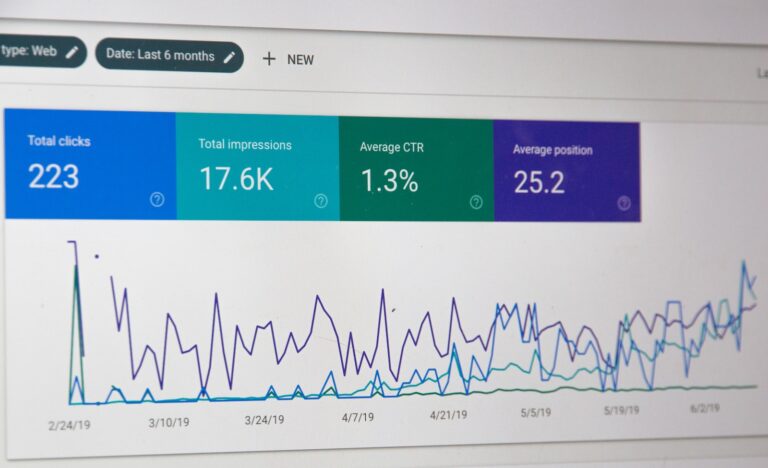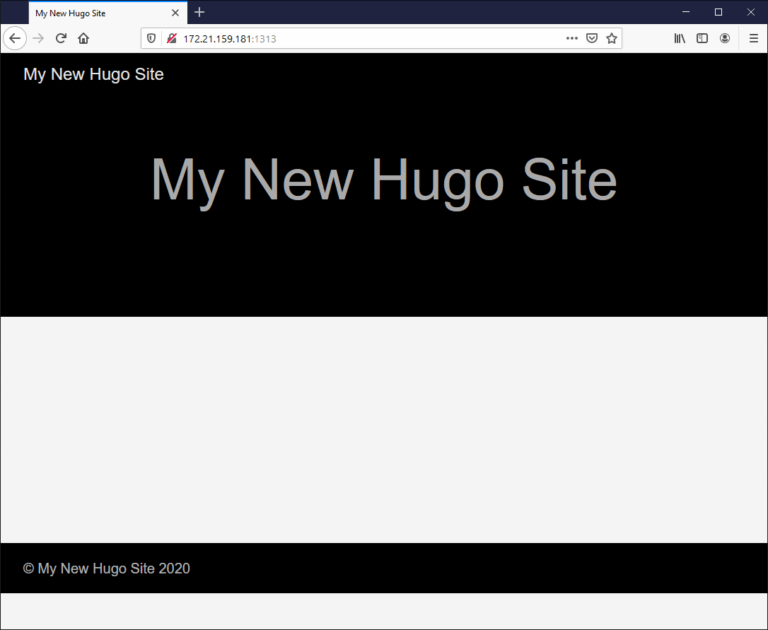Granting unrestricted System.Net.SocketPermission in an ASP.NET configuration introduces security risks, both for a web application and the web server in question. Fortunately, it’s possible to restrict System.Net.SocketPermission, for example, to an external MySQL connection. An EndpointPermission is available for this purpose. You can retrieve it using the SocketPermission.ConnectList property.
It’s possible to restrict System.Net.SocketPermission, for example, for an external MySQL connection. Here is your “Granting limited SocketPermission in ASP.NET 2.0 medium trust” how-to.
Restricting System.Net.SocketPermission in ASP.NET (or any application) is an important security measure, particularly when you’re working with external resources, like a MySQL database, that require network access. In the context of ASP.NET, it’s crucial to understand both what SocketPermission is and why limiting it can improve the security and stability of your application.
System.Net.SocketPermission is a class in .NET that controls the permissions for accessing network resources, such as sockets, by specifying which connections can be made and the types of actions (e.g., connect, listen, accept) allowed on those resources.
When your ASP.NET application communicates over the network (for instance, connecting to an external MySQL database), it typically uses TCP/IP or UDP sockets. By default, applications might have broader permissions to access any network resource, but you can restrict these permissions to specific hosts, ports, and protocols, reducing the risk of unauthorized or unintended network access.
Medium Trust web.config configuration
Add the following to your Medium Trust web.config (web_mediumtrust.config) file:
<IPermission
class="SocketPermission"
version="1">
<ConnectAccess>
<ENDPOINT host="198.19.16.138" transport="Tcp" port="3306"/>
</ConnectAccess>
</IPermission>The IP address 198.19.16.138 is an RFC5735 Special-Use IPv4 Address. This must match the IP address to where a connection has to be made. Wildcards are possible:
<IPermission
class="SocketPermission"
version="1">
<ConnectAccess>
<ENDPOINT host="198.19.16.*" transport="Tcp" port="3306"/>
</ConnectAccess>
</IPermission>Or if you want to allow connections to all endpoints:
<IPermission
class="SocketPermission"
version="1"
Unrestricted="True" />Also read:
Security Concerns:
1. Prevent Unauthorized Access: Restricting socket permissions ensures that your ASP.NET application can only connect to specific external MySQL instances that you explicitly allow. This helps mitigate the risk of unauthorized access or malicious attacks, such as unauthorized database access from an attacker who gains control of your application.
2. Mitigate Risks of Exploiting Open Connections: If an attacker gains access to your ASP.NET application and it has overly broad socket permissions, they might be able to use those permissions to communicate with other unintended systems on your network, increasing the attack surface.
3. Principle of Least Privilege:
This principle dictates that applications should only have the minimum permissions necessary to perform their tasks. By restricting SocketPermission, you limit the potential for misuse of your application’s networking capabilities. This ensures that your application can only connect to a trusted MySQL server on a specific host and port.
For example, if your application only needs to connect to MySQL on db.example.com:3306, you can limit the permission to that specific host and port, rather than allowing any external server or port.
4. Compliance and Best Practices:
Depending on the industry or regulatory requirements, you may need to restrict outgoing network connections for audit or compliance purposes (e.g., PCI-DSS for handling payment data). Limiting socket permissions is an important step in enforcing these policies.
Even without regulatory requirements, restricting access to specific external resources (like your MySQL database) is generally considered best practice for securing web applications.
5. Application Stability and Reliability:
By limiting socket access, you can help ensure your application doesn’t inadvertently try to connect to unintended resources. For example, if your application accidentally tries to connect to a service that isn’t configured or available (due to a misconfiguration or bug), restricting socket permissions ensures that the connection attempt will fail gracefully, rather than leading to a security hole or unstable behavior.
6. Mitigate DNS or IP Spoofing Risks:
If your application has broad socket permissions, an attacker might try to manipulate DNS or spoof IP addresses to reroute traffic to malicious or untrusted servers. By restricting the socket permission to specific IP addresses and ports, you make this attack much harder to carry out.
Conclusion
Restricting System.Net.SocketPermission is a good practice because it:
- Limits attack surface: Prevents your application from making unauthorized or unintended network connections.
- Improves security: Mitigates the risk of unauthorized access to your resources, including databases.
- Aligns with security best practices: Encourages adherence to the principle of least privilege and compliance with security standards.
- Ensures stability: Reduces the chances of the application accidentally connecting to untrusted or misconfigured services.
By carefully controlling socket permissions, you ensure that your application is more secure, reliable, and aligned with best practices for production environments.




[…] List all MAC addresses of all Hyper-V Virtual Machines […]
[…] How-to: limited Socket.Net.SocketPermission in ASP.NET 2.0 Medium Trust […]